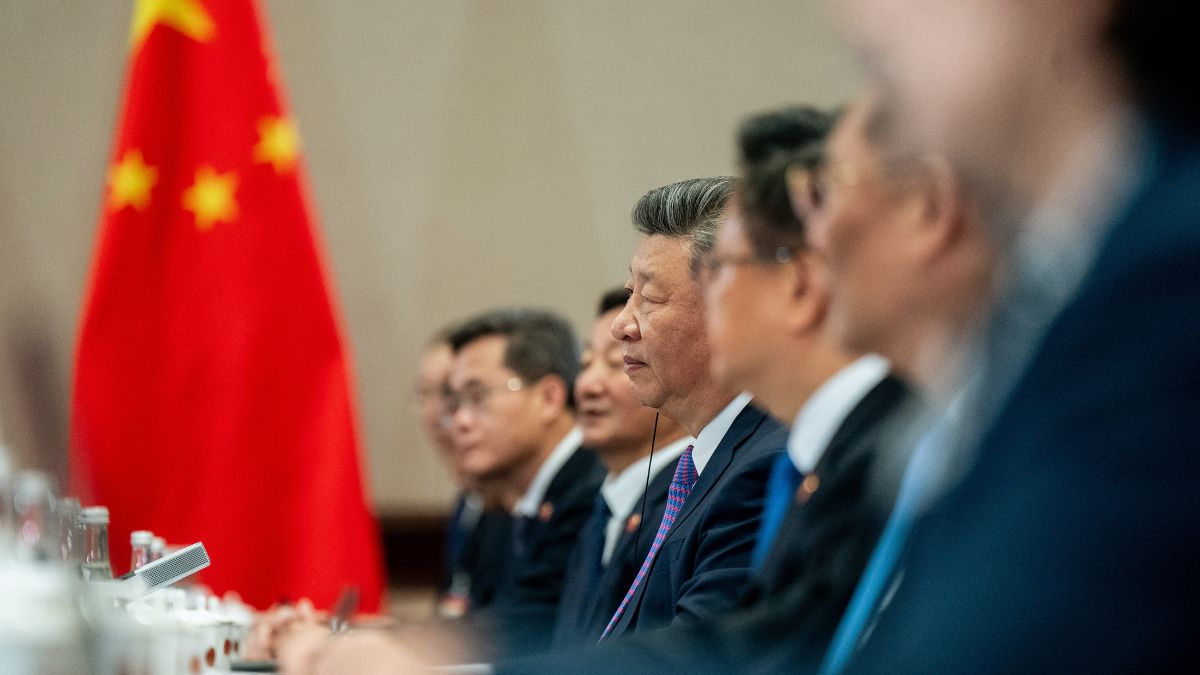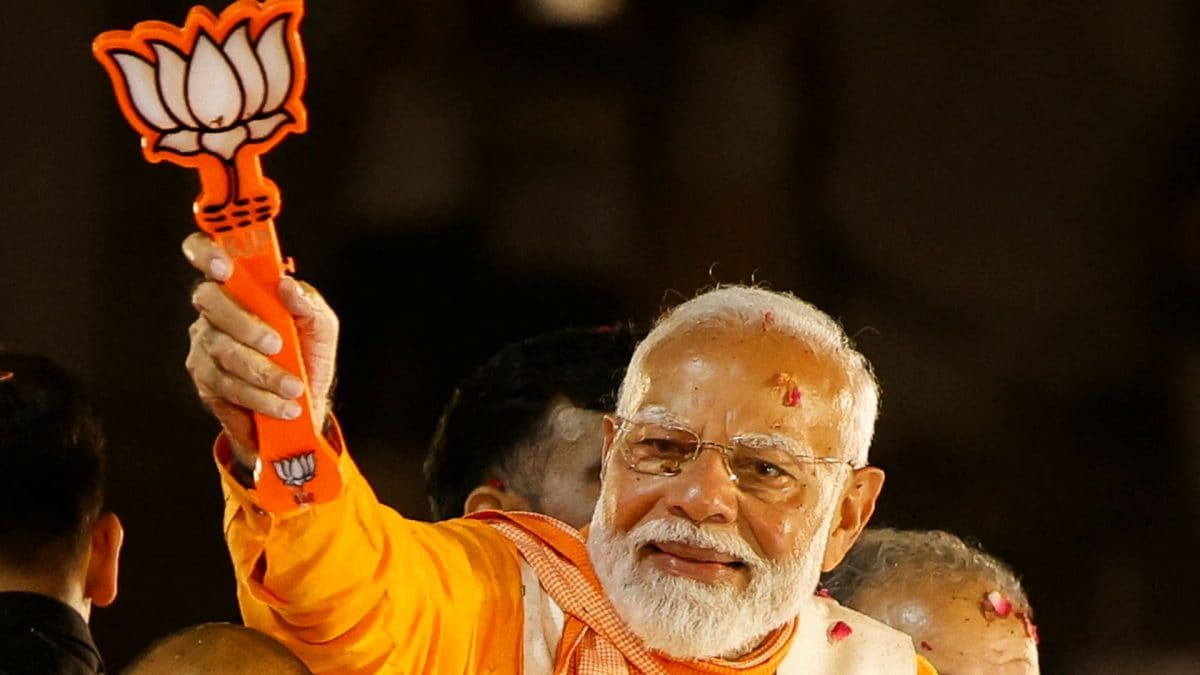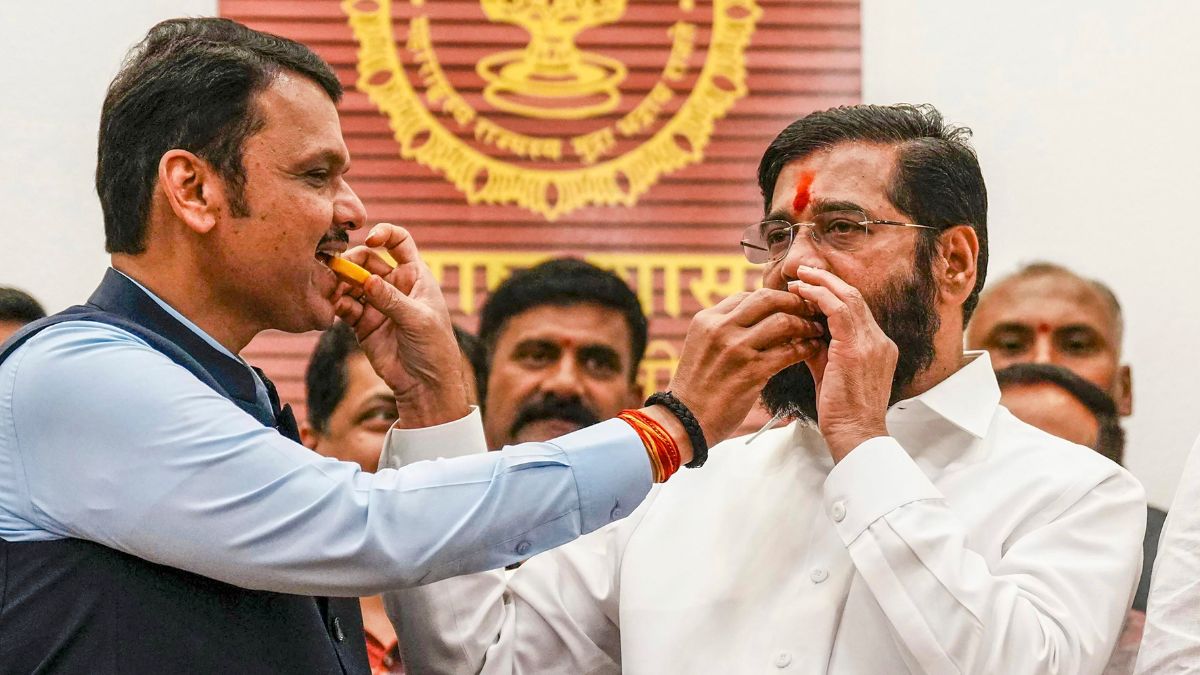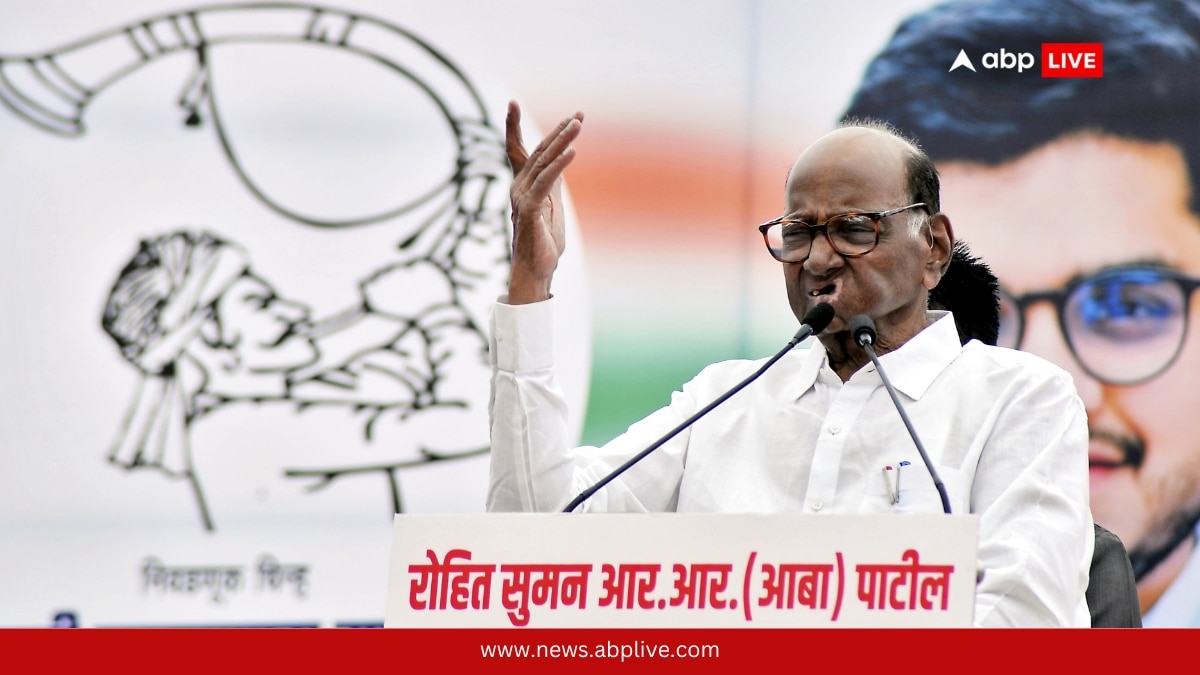
On November 15, Chinese President Xi Jinping met Japanese Prime Minister Shigeru Ishiba on the sidelines of the Asia-Pacific Economic Cooperation (APEC) summit in Lima, Peru, while, the next day, he met US President Joe Biden. Xi had met Prime Minister Narendra Modi on the sidelines of the BRICS summit in Kazan in October, which was followed by a meeting between the External Affairs Minister S Jaishankar and his Chinese counterpart, Wang Yi, at Rio de Janeiro in Brazil on the sidelines of the G20 summit Monday. Around the same time, Defence Minister Rajnath Singh shook hands with his Chinese counterpart, Admiral Dong Jun, in Vientiane, Laos.
After a breakthrough in border talks with India before the Kazan summit, where the two nations disengaged at Depsang and Demchok in eastern Ladakh, President Xi asked Japan to ‘properly handle’ history and the Taiwan issue and called on the two Asian neighbours to safeguard the freedom of trade, unimpeded production, and smooth functioning of supply chains. While addressing the outgoing US president, he said that Sino-American relations are ‘most important’ in the world and how they ‘get along’ will impact the rest of the world’. With India, talks on the resumption of direct flights and the Kailash-Mansarovar pilgrimage are under consideration; meanwhile, China has decided to gradually lift the ban it put on Japanese seafood that it placed last year after Tokyo decided to release treated wastewater from crippled Fukuyama nuclear power plant into the sea.
Also, as per the Japanese readout, Ishiba asked Xi to release Japanese nationals detained in China. On the engagements with the US, National Security Advisor Jake Sullivan told reporters after the Biden-Xi meeting on APEC sidelines that the two leaders “conducted a lot of business in areas both where we [the US and China] are making progress and in areas where there are profound differences ..
. And the two sides did not shy away from the more direct and difficult conversations where the two sides don’t agree”. In his previous article , the author had advised China to opt for cooperation over assertion if Beijing needs to overcome a slowdown in the short term and the middle-income trap in the long run.
Sluggish consumption, the real estate debacle, and declining household spending, along with volatile stock markets, have marred the Chinese economy. Amid all these, came the US presidential election, where Republican Donald Trump won. Trump’s first term saw the start of the Trade War with China, and while campaigning for his second term, Trump was quite vocal on raising tariffs on imports from China—while claiming to raise them to as high as 60 per cent.
While, on the other hand, as the author observed in one of his previous articles , Biden can consider a competitive yet somehow understanding relationship with China as the legacy of his presidential tenure. So, while Xi says he ‘will work with Trump’ he was having ‘final talks’ with Biden on conflicts from cybercrime to trade, Taiwan, the South China Sea, and Russia. Also, as per the restrictions under the Logan Act, Japanese PM Ishiba said that a face-to-face meeting he had sought with US President-elect Donald Trump could not go ahead.
This meeting could have been vital, as America’s isolationist policies under Donald Trump have been a cause of worry for Washington’s traditional partners, whether in Europe or in Asia. Trump’s presidency brings uncertainty for China and for Japan as well—both economies are enduring a tough time. Slow growth and ageing economy have affected the second and third largest economy, impact of COVID-19 is yet to fade away.
Also, the outgoing Democrat administration might be searching for a footing before Trump begins his second tenure; certainly, the generic distrust among the Democrats towards Trump’s leadership is well known. So, devoid of any normative judgments and without prejudging Trump 2.0, at least from the perspective of the Biden administration, China and Japan, a Francis Bacon’s quote fits the situation: ‘All colours will agree in the dark’.
Views expressed in the above piece are personal and solely those of the author. They do not necessarily reflect Firstpost’s views..














